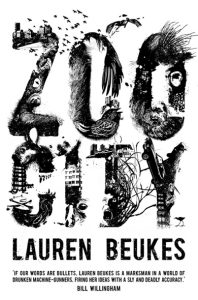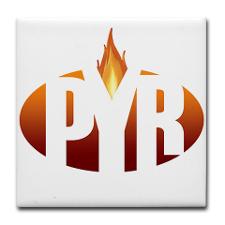Angry Robot: The Return of the Open Door
 Angry Robot, a publisher of science fiction and fantasy, ran an open door submission policy for a month last year. They’re going to do it again, but with slightly different rules. They will only accept epic fantasy, and they will only accept submissions that follow the format and standards laid out in their open door submission guide. Unless you write YA, in which case any type of SF&F is cleared for you to submit to their YA imprint, Strange Chemistry. Submissions will be made through the Angry Robot website April 16–30. That means you have a few months to get your manuscript completed and finalized before you send it in.
Angry Robot, a publisher of science fiction and fantasy, ran an open door submission policy for a month last year. They’re going to do it again, but with slightly different rules. They will only accept epic fantasy, and they will only accept submissions that follow the format and standards laid out in their open door submission guide. Unless you write YA, in which case any type of SF&F is cleared for you to submit to their YA imprint, Strange Chemistry. Submissions will be made through the Angry Robot website April 16–30. That means you have a few months to get your manuscript completed and finalized before you send it in.
(To learn more about my thoughts on Angry Robot’s publishing style, see my post here. I’ve also reviewed one of their books, Lauren Beukes’s Zoo City, here.)
Gini Dietrich: Reading Fiction Helps Your Career
Remember last week, when instead of posting a weekly roundup I posted about how important stories are? On Tuesday of last week, PR pro Gini Dietrich posted about the same thing, but in a different context. She cites a thick chunk of research to back up her claim that reading fiction helps your career. See? Stories are important to your daily life as well as to your world citizenship.
Digital Book World: Bookseller Backed by Big Publishers Advocates Abandoning Digital Rights Management
Anobii, a bookseller whose stakeholders include the UK arms of HarperCollins, Penguin and Random House, is hoping to leave DRM behind. They’ve got good reasons too, including trying to give Kindle users more options.








